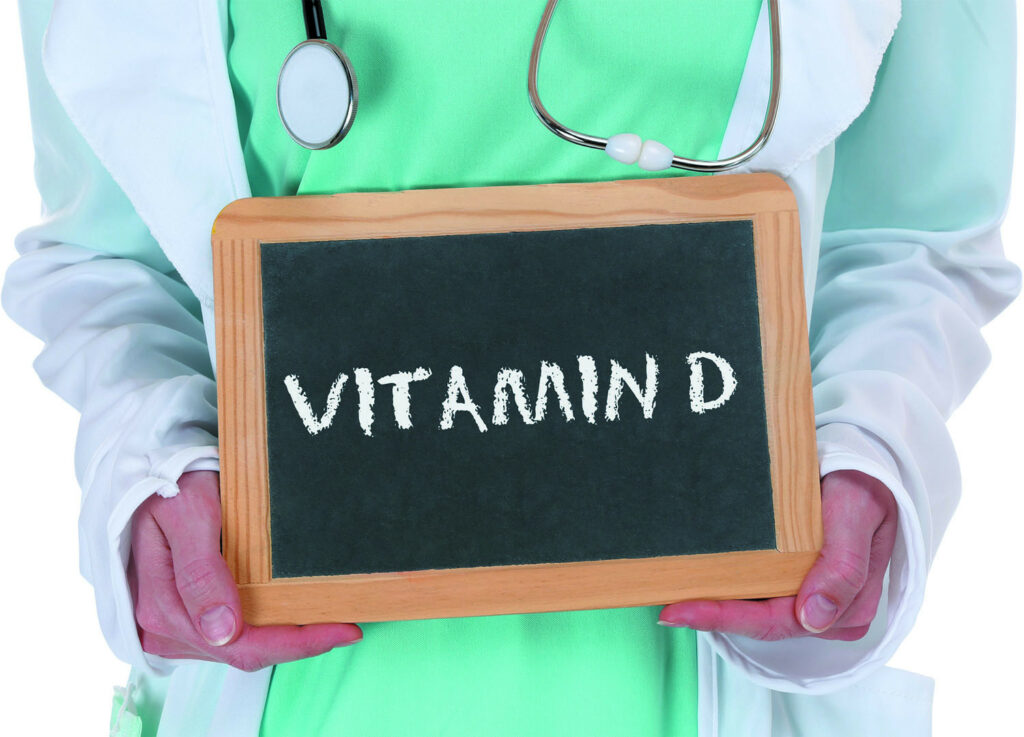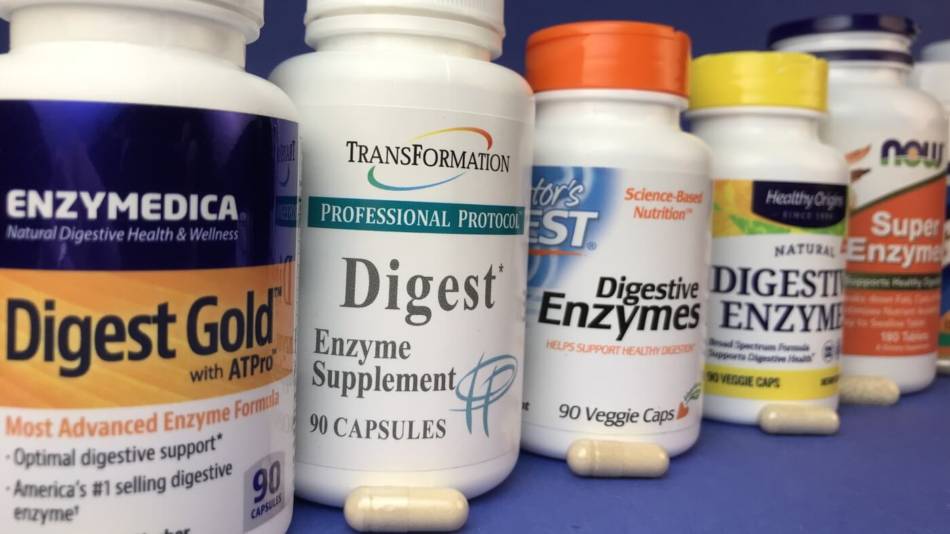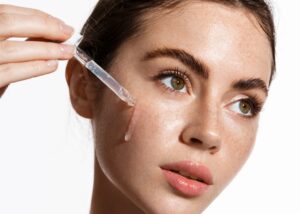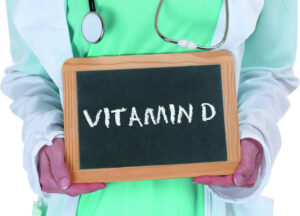Vitamin D sources include sunlight and certain foods like fatty fish, egg yolks, and fortified dairy products. Vitamin D is essential for maintaining strong bones, supporting the immune system, and regulating mood.
Sun exposure triggers the synthesis of vitamin D in the skin, while food sources provide additional dietary intake. However, it can be challenging to obtain enough vitamin D from sunlight alone, especially in regions with limited sun exposure or during the winter months.
As a result, ensuring a varied diet that includes vitamin D-rich foods or supplementation may be necessary to meet the recommended daily intake.
Table of Contents
Importance Of Vitamin D For The Body
Vitamin D is crucial for the body as it helps promote healthy bones and teeth. Sources of vitamin D include exposure to sunlight, fortified foods like milk and cereals, and fatty fish like salmon and tuna.
Blog post title Heading Subheading 1Role Of Vitamin D In Maintaining Bone Health
Vitamin D plays a crucial role in maintaining strong and healthy bones. It helps in the absorption of calcium and phosphorus, which are essential for bone formation. Adequate levels of Vitamin D promote proper bone mineralization, reducing the risk of conditions like rickets in children and osteomalacia in adults. Moreover, Vitamin D also helps regulate calcium levels in the blood, ensuring optimal muscle function and nerve transmission.
Subheading 2Impact Of Vitamin D Deficiency On Overall Health
A deficiency in Vitamin D can have detrimental effects on overall health. Insufficient levels of Vitamin D may lead to decreased bone density, increasing the risk of fractures and osteoporosis. It can also impact the immune system, making individuals more susceptible to infections and diseases. Research suggests that Vitamin D deficiency may be linked to a higher risk of chronic conditions such as cardiovascular diseases, certain cancers, and autoimmune disorders. Therefore, it is crucial to ensure adequate Vitamin D intake through exposure to sunlight, fortified foods, and supplements when necessary.
Natural Sources Of Vitamin D
Sunlight is the primary source of Vitamin D. When our skin is exposed to sunlight, it produces Vitamin D. It is commonly known as the “sunshine vitamin” for this reason. Spending some time outdoors every day, especially during midday, can help our bodies produce Vitamin D. However, it is important to balance sun exposure to protect our skin from harmful UV rays.
In addition to sunlight, there are also several foods that are rich in Vitamin D. Fatty fish such as salmon, trout, and mackerel are excellent sources of this vitamin. Other seafood like shrimp and oysters also contain Vitamin D. Dairy products like milk, cheese, and yogurt are often fortified with Vitamin D. Additionally, egg yolks, mushrooms, and fortified cereals are other options to increase Vitamin D intake.
By incorporating these natural sources in our diet and maintaining a healthy level of sun exposure, we can ensure adequate levels of Vitamin D in our bodies.
Benefits Of Sun-kissed Fuel
How sunlight exposure helps in Vitamin D production
Vitamin D is a crucial nutrient that plays a significant role in our overall health. One of its primary sources is sunlight exposure. When our skin is exposed to sunlight, it triggers a series of reactions that result in the production of vitamin D. This process occurs when the ultraviolet B (UVB) rays from the sun come into contact with a cholesterol compound present in our skin. The UVB rays prompt the conversion of this compound into a vitamin D precursor, which is then converted into its active form in the liver and kidneys.
Getting enough vitamin D is essential as it supports our immune system, bone health, and helps regulate calcium and phosphorus levels in the body. However, it’s important to approach sun exposure in a balanced manner. While sunlight is a vital source of vitamin D, excessive exposure without protection can lead to sunburn, skin damage, and an increased risk of skin cancer. It’s recommended to spend a limited time in the sun, particularly during the peak hours, and always use sunscreen with a sufficient sun protection factor (SPF).
In conclusion, while sunlight exposure is a natural and effective way to boost vitamin D levels in our bodies, it’s crucial to maintain a balanced approach to sun exposure. By being mindful of our time spent in the sun and protecting our skin, we can enjoy the benefits of sun-kissed fuel while prioritizing our long-term health.
Top Natural Sources Of Vitamin D
Fatty fish such as salmon, trout, and sardines are excellent sources of Vitamin D. They contain high levels of the vitamin, particularly in the form of fish oil. Including these types of fish in your diet can significantly contribute to your recommended daily intake of Vitamin D. Other benefits of consuming fatty fish include the presence of omega-3 fatty acids that are good for the heart and help reduce inflammation in the body.
Fortified dairy products like milk and yogurts are commonly enriched with Vitamin D. Fortification involves adding the vitamin to the product, increasing its nutritional value. Consuming fortified dairy products can provide individuals with an easy and convenient way to improve Vitamin D levels in their bodies. Moreover, dairy products also contain other essential nutrients like calcium and protein which are important for overall bone health.
Egg yolks are a natural source of Vitamin D and can be easily incorporated into meals. However, it’s important to note that most of the vitamin D content is found in the yolks, so consuming the entire egg is essential to deriving the full benefits. Including eggs in your diet can provide you with a variety of essential nutrients such as vitamins A, E, and K, as well as protein. Eggs are a versatile food and can be used in a wide range of recipes.
Risks And Considerations
Excessive sun exposure can lead to risks and considerations such as sunburn and skin damage. Sunburn occurs when the skin is overexposed to ultraviolet (UV) radiation from the sun, leading to redness, pain, and peeling. It increases the risk of developing skin cancer. Applying sunscreen regularly with a high SPF can help protect the skin from harmful UV rays and prevent sunburn.
It is important to balance sun exposure by choosing the right amount of time spent in the sun and applying sunscreen when needed. Too much exposure to the sun without protection can result in harmful consequences, while limited exposure can provide the body with essential vitamin D. It is advisable to wear protective clothing, such as hats and sunglasses, and seek shade during peak sun hours to minimize the risk of skin damage.

Credit: www.healthline.com
Frequently Asked Questions Of What Is Vitamin D Sources
What Are The Natural Sources Of Vitamin D?
Vitamin D can be obtained from sunlight exposure, fatty fish like salmon and mackerel, fortified dairy products, eggs, and mushrooms. These natural sources are rich in Vitamin D and can help meet your daily requirements.
How Much Time In The Sun Is Needed To Get Enough Vitamin D?
Spending about 10 to 30 minutes in the sun between 10 AM and 3 PM is usually sufficient to get enough Vitamin D. Factors such as skin type, location, and season can affect the duration required. Remember to protect your skin from harmful UV rays by wearing sunscreen.
Can Vitamin D Be Obtained Solely From Food?
While it is possible to get some Vitamin D from food, it is often challenging to meet the daily requirements solely through diet. Sunlight exposure remains an important source for Vitamin D production in the body. Combining both sunlight and food sources ensures adequate intake.
Can Vitamin D Deficiency Be Harmful?
Yes, Vitamin D deficiency can lead to various health problems. It is linked to weakened bones, increased risk of infections, depression, and compromised immune function. Ensuring sufficient Vitamin D intake is crucial for overall health and well-being.
Conclusion
To sum up, incorporating sources of Vitamin D into your daily routine is crucial for overall health. Whether it’s through sun exposure, food choices like fatty fish and fortified dairy products, or supplements, ensuring adequate Vitamin D levels can have a positive impact on your immune system, bone health, and mood.
Remember to consult with your healthcare professional to determine the best approach for obtaining this essential nutrient. Investing in your Vitamin D levels is an investment in your overall well-being.








